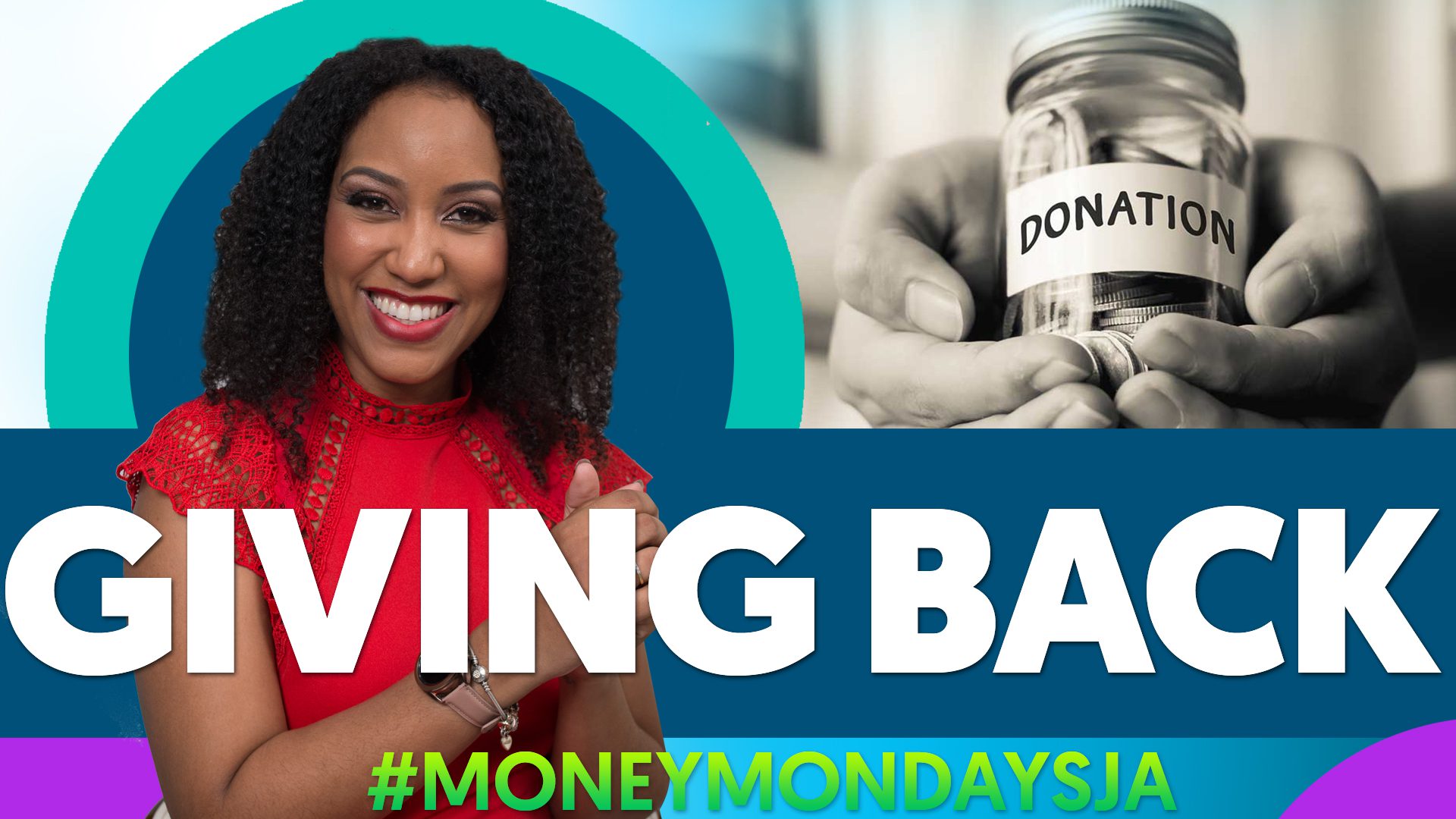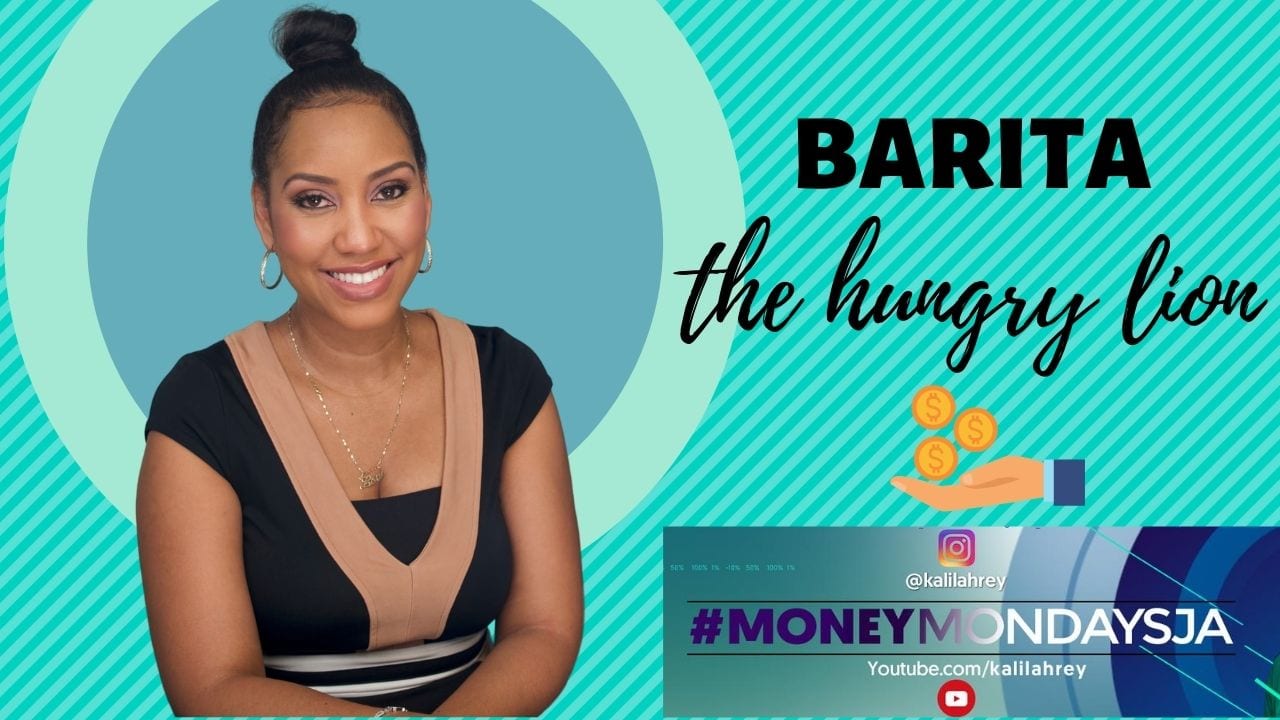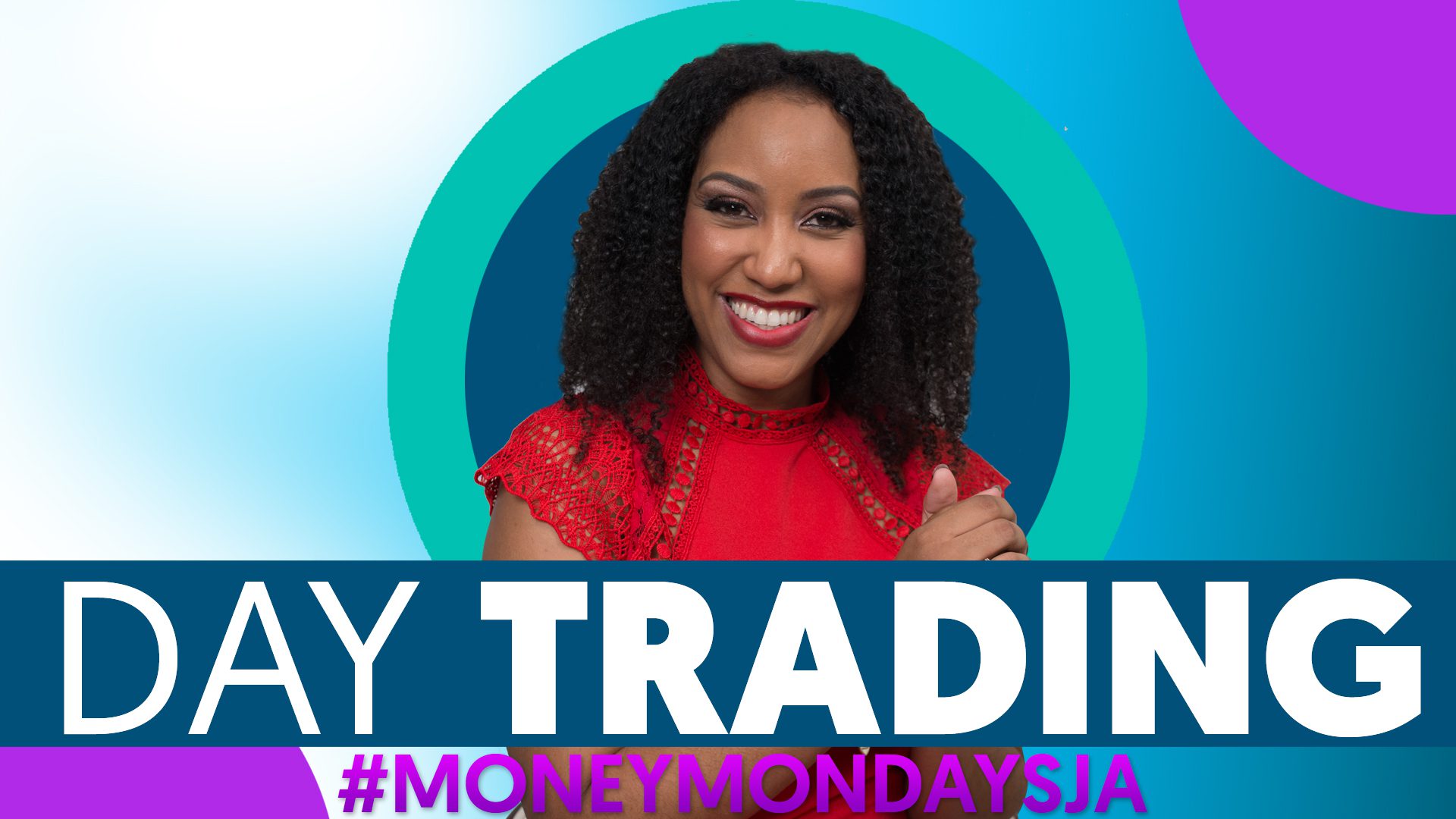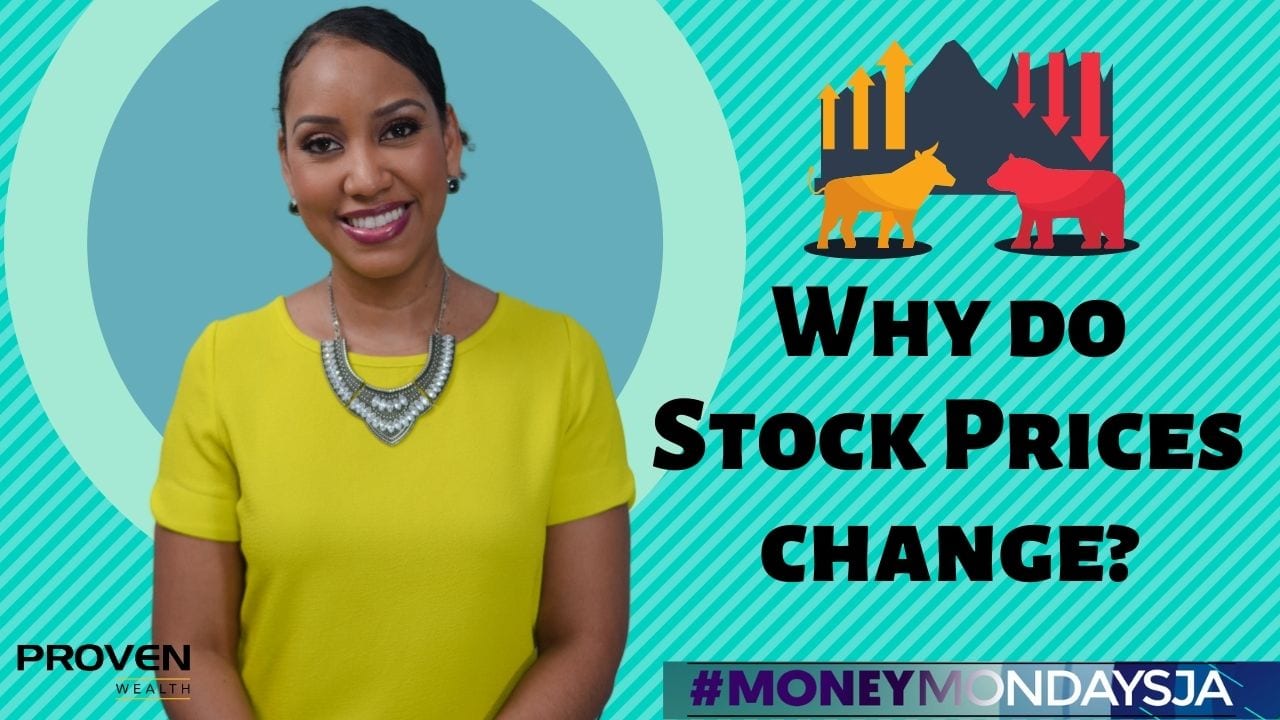Forgive me for stating the obvious, but the cost of living is going up! Yup, inflation is on the rise, and it’s only gonna get worse. Today I’m gonna break down what exactly inflation is and how it is measured.
What is Inflation?
Kalilah Reynolds Media
Forgive me for stating the obvious, but the cost of living is going up! Yup inflation is on the rise, and it’s only gonna get worse. Today I’m gonna break down what exactly inflation is and how is it measured?
Inflation is the general increase in prices of goods and services. This can be caused by increases in raw materials like gas, agricultural produce, shipping costs or simply because people have too much money and want to buy everything. Yup, having too much money in the economy can actually be a problem because it increases demand for goods and services, and when demand is high and supply is the same or lower, then yup, prices go up, and boom! Inflation. In the US, for example, it’s believed that all those stimulus cheques have created increased demand as people had extra money to spend. And on the other hand, if you watch Taking Stock, you’ll know that there’s a global shipping issue especially coming out of China, so supply from that side of the world has been affected, so again, boom! Inflation. US inflation for the past 12 months just hit a 13-year high of 5.4%, the highest since the great recession of 2008.
In Jamaica, the inflation rate for the past 12 months now stands at 6.1%. FYI, this is called point-to-point inflation. It measures inflation at one point last year compared to the same point this year, for example, August 2020 versus August 2021. So when you hear the term point-to-point inflation, now you know what it means. It usually refers to the increase or decrease over the last twelve months.
Now as I was saying earlier, a global shortage of shipping containers has sent shipping costs through the roof! You can check out our discussion on a recent episode of Taking Stock about that. Many companies ship goods ranging from food items to equipment from China, and so with the increase in shipping costs, they have had to raise their prices to their customers. To make matters worse, in March 2021, the ship Ever Given got stuck in the Suez Canal, one of the world’s busiest trade routes, causing further disruption in the global supply chain. Shipping ports in China had to close to control covid-19 cases, causing further delays and decreasing the supply of goods coming from China. There are not enough ships to ship goods that people are demanding as there are delays at ports. Gas and oil prices have also gone up as economies recover and demand increases. Also, heavy rains reduced the supply of agricultural produce, causing an increase in prices. These factors have led to the inflation we are now experiencing, and which, for all these reasons, is about to get worse.
Each country’s Central Bank, in our case, the Bank of Jamaica, monitors inflation to ensure that prices do not go up by too much too quickly, as this would reduce the value of our money. The BOJ monitors inflation, based on what is called the Consumer Price Index. The Consumer Price Index (CPI) is a basket of goods and services that represents what we spend money on. Let’s see, food, rent/mortgage, transportation, clothing and shoes, can’t forget light and water bill to name a few. These items are ranked according to what we spend most on to what we spend the least money on. The Statistical Institute of Jamaica, STATIN, collects the prices of these items each month, and records how much prices have increased. The BOJ uses these observations to make decisions on what they will do to control inflation.
The BOJ has been telling us for some time now about inflation targeting. The inflation target is a range that they have set for where they want inflation to be. They’ve calculated that an inflation rate between 4% – 6% does not significantly reduce the value of our money or our purchasing power and helps the economy to grow. So they take various measures to try to keep inflation between 4 and 6 percent. But as you may remember from what I said earlier, inflation is now at 6-point-1 percent, just above the BOJ’s target.
Now when we work and get our pay, we usually go to the supermarket to buy groceries. How many items you are able to buy with your pay is called your purchasing power. If you go to the supermarket this month with J$10,000 – that’s about US$67- and you are able to buy 10 items, your purchasing power is the 10 items that you bought. But what if next month when you go to the supermarket, you are only able to purchase 5 of those same items with yourJ$10,000? When this happens, we say your purchasing power has decreased or has been eroded. That price increase is inflation. Inflation reduces the number of goods or services you can afford. Inflation makes you poorer.
The BOJ does not want this to happen, so they use what they call monetary policies to try and keep inflation within its target range. Like I said, the August point to point inflation rate of 6.1% is slightly out of the BOJ’s target and based on their forecasts, they expect it to go up even more. To keep inflation within their targeted range, the BOJ has increased the supply of US dollars available, and they’ve also raised their policy interest rate from 0.5% to 1.5%. The policy interest rate is the interest they pay to banks that keep money with them.
The Governor of the Central Bank, Richard Byles, explained how the interest policy rate works in an interview on Taking Stock last week, “[With the increase in the policy rate], they [banks] may have to start paying depositors more. So they may find that they have to raise rates to keep your deposit or attract further deposits. When the rates that they pay depositors rise, they may have to increase the rates at which they lend at.”
An increase in lending rates will likely mean that people will borrow less and in so doing, have less money to buy goods and services. The BOJ hopes that this move will help to reduce demand, and therefore, reduce inflation.
So how can we protect ourselves from inflation? In this episode, we have learned that if our annual income is fixed, meaning, we earn the same amount of money every year, then the value of our annual income is actually decreasing because of inflation. Our purchasing power becomes less and less each year. To protect ourselves from inflation, we must earn more each year at a rate in line with inflation or more than inflation. Apart from getting a raise each year if possible, we can earn more by investing in stocks, to benefit from stock price appreciation and dividends, investing in index funds or bonds that generate returns that are equal to or higher than inflation, starting a profitable business, owning an income generating property or benefitting from appreciation in the value of the property. Not only should we earn more money from these sources, we should reinvest the money earned to compound our returns. We’ll discuss compounding returns and interest in another episode.
Now if you’re interested in opening your investment account and learning more ways to beat inflation, DM me for a contact at PROVEN Wealth to get started today.
Categories: MoneyMondaysJA
Audio Only
More #MoneyMondaysJA Episodes






Leave A Comment